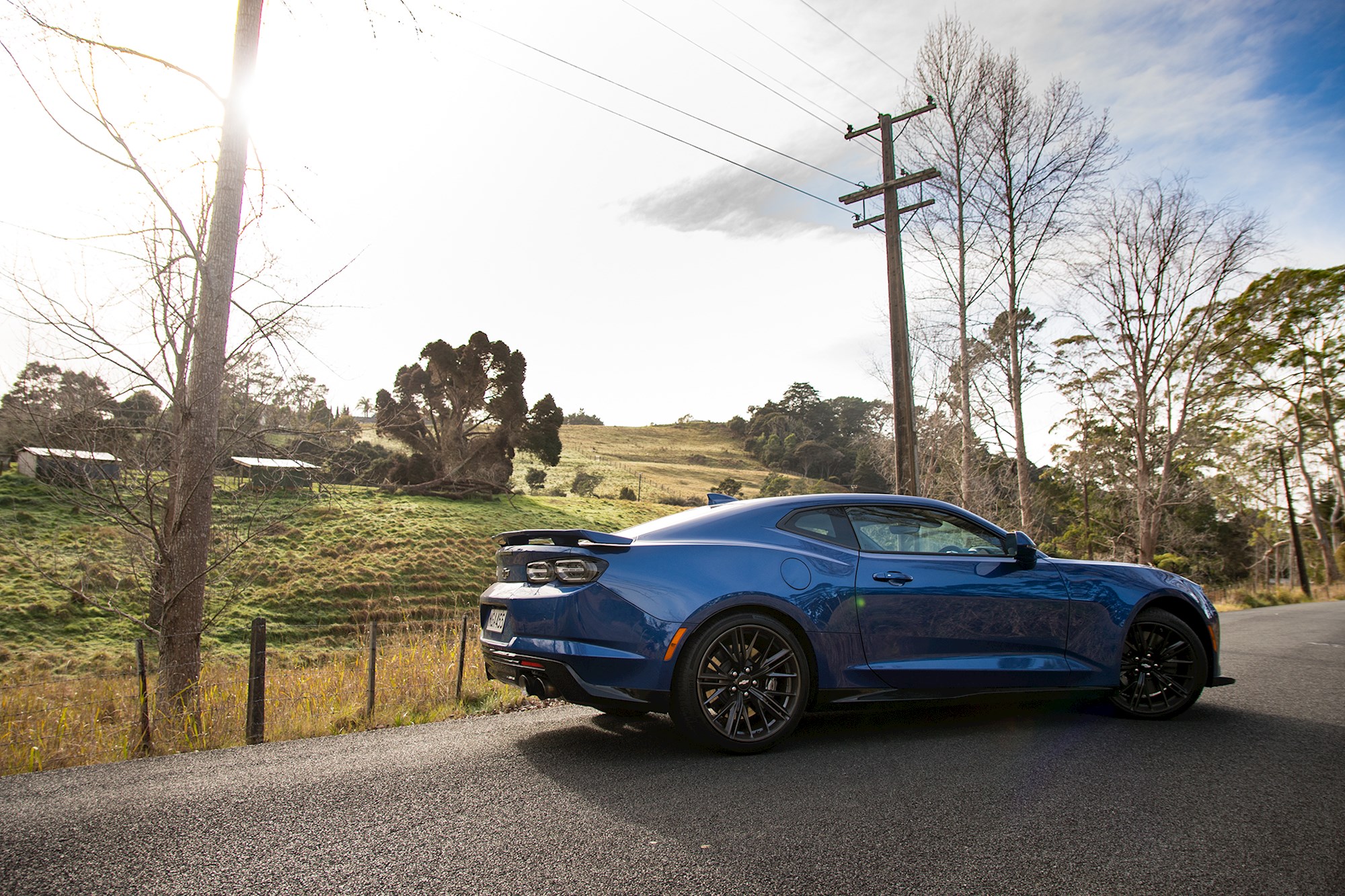You don't need to look far in the United States to find a level of dirty politics (pun not intended) that New Zealand could only dream of. And, occasionally, those values seep into America's automotive landscape.
The war between Chevrolet and Ford has spanned numerous decades, and is currently peaking once again with both the Camaro and the Mustang truly hitting their strides. These two nameplates are currently as good as they've ever been before, and you can echo that remark for the old-but-gold Dodge Challenger.
Read more: Camaro ZL1 road test — Chevrolet's supercharged 6.2-litre monster hits NZ
But it's when rivalries get to this level of competition that the claws tend to some out, and this week Chevrolet planted a (quite hilarious) punch on the blue oval.

According to GM Authority, the marque is set to announce a US$2,500 discount stateside to Mustang owners that decide to switch from their Ford to a new Camaro. It's claimed that the incentive will apply to those who have owned or leased a Mustang for 30 days or more.
Those wanting to take advantage of the offer must also be able to take new retail delivery by the 3rd of September, and cannot be purchasing the car with a lease or in conjunction with certain other offers. Oh — they must also be based in America at time of purchase.
Our apologies to any Kiwi Mustang owners reading this who felt a pang of temptation.
This of course is a quite funny story; two big corporate entities getting petty with each other to energise the fan base. But behind that curtain is a real story — Chevrolet are having a tough time selling Camaros.
Camaro sales dropped by 25 per cent in the US last year. The number — 50,963 units — was still large, but also dwarfed by the 75,842 Mustangs and 66,716 Challengers that sold over the same period.
That fed into a story that surfaced in late June, which claimed that the Camaro's future beyond the current generation was in doubt. At the time we said it was worth taking each word of those initial claims from supposed industry insiders with a grain of salt, and that's still our view today.




